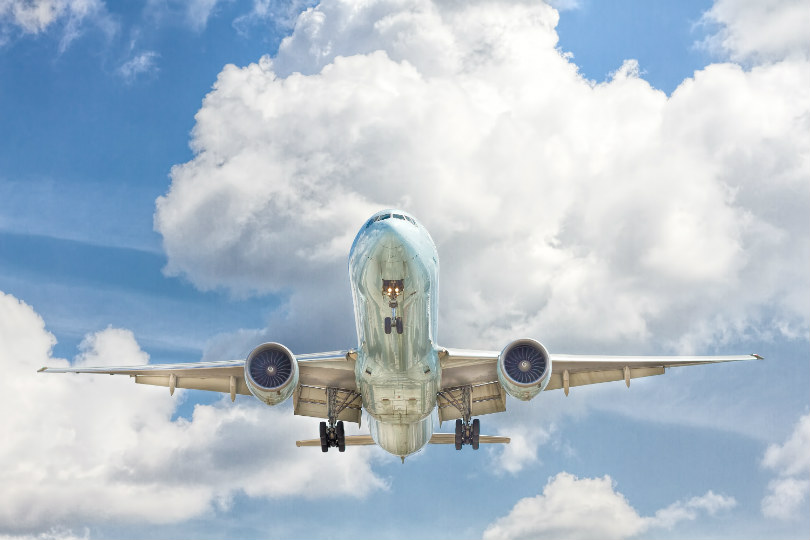Travel hits out at 'unfair' new long-haul APD band
 Rob Gill
Rob GillThe government’s decision to introduce a new “ultra long-haul” band of APD has been criticised by aviation and travel industry groups.
Chancellor Rishi Sunak announced the new band for flights of more than 5,500 miles from April 2023 in his budget on Wednesday (27 October), while also planning to halve APD on domestic return trips by only levying APD on one leg from the same date.
Dale Keller, chief executive of BAR UK (Board of Airline Representatives in the UK), said the new band of APD was “political posturing that undermines the industry’s net-zero commitments”.
“We welcome the solution to a longstanding anomaly where return domestic flights have been taxed higher than international flights to Europe, but why wait until 2023?” asked Keller.
“This eventual correction should not be regarded as a tax cut but simply the government finally doing what is fair and right.
“But the notion that the world’s most heavily taxed long-haul travellers should be expected to subsidise a tax correction for domestic travellers underscores how APD remains not fit for purpose in stimulating a sustainable future for aviation.”
Joanne Dooey, president of the Scottish Passenger Agents’ Association (SPAA), added: “The reduction in domestic APD is to be welcomed, although it won’t come into effect until 2023.
“The increase in long-haul APD, which will come into effect at the same time, won’t help Scotland’s economic recovery. It’s vital that businesses are able to trade globally from their Scottish bases.”
Matthew Hall, Belfast City airport chief executive, added changes to domestic APD did not go far enough: “A 50% reduction in APD is a half-way house in terms of solving a problem which has placed the aviation sector in Northern Ireland at a competitive disadvantage with other regions in attracting new airlines and routes.
“Today’s announcement by the chancellor will not take effect until April 2023 and does little in the short term to alleviate a sector still decimated by Covid.”
Clive Wratten, chief executive of the Business Travel Association, said the new long-haul band would “unfairly impact business travellers at a key point in the recovery of our economy”.
“The government said this was a Budget bringing in a new wave of optimism and yet business travellers will be heavily taxed to go to crucial destinations such as Singapore, Hong Kong and Australia,” added Wratten.
Andrew Crawley, chief commercial officer of American Express Global Business Travel, said money raised from APD should be “ringfenced for sustainable initiatives”.
“The government needs to get serious by investing the proceeds of APD in the infrastructure we need to support the development of sustainable aviation fuel (SAF),” said Crawley.
“Making SAF widely available is the only way to make meaningful progress against our net zero targets.
“If revenue generated from the new long-haul band is not invested in a sustainable future, it will do nothing except penalise British businesses trying to embrace the government’s own Global Britain initiative.”
The inbound market also welcomed the cut to domestic APD but hit out at the new long-haul band.
Lauren Broughton, head of public affairs at UKinbound, said: “While the reduction in domestic APD is a positive step, increasing APD on long-haul flights is a kick in the teeth to the UK’s third largest export industry, which is only just beginning its recovery.
“Inbound tourism brings new money into regional economies, supports over 500,000 jobs across the country and will significantly aid the country’s economic recovery and Global Britain ambitions, but imposing further taxes on an already struggling industry is counterintuitive.”
Sign up for weekday travel news and analysis straight to your inbox

Rob Gill
Supplier Directory
Find contacts for 260+ travel suppliers. Type name, company or destination.













